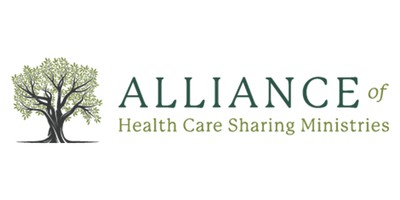WASHINGTON, D.C. -- Barack Obama's speech last week, hastily prepared to extinguish the firestorm over the Rev. Jeremiah Wright, won critical praise for style and substance but failed politically. By elevating the question of race in America, the front-running Democratic presidential candidate has deepened the dilemma created by his campaign's success against the party establishment's anointed choice, Hillary Clinton.
In rejecting the racist views of his longtime spiritual mentor but not disowning him, Obama has unwittingly enhanced his image as the African-American candidate -- not just a remarkable candidate who happens to be black. That poses a racial dilemma for unelected super-delegates, who as professional politicians will pick the winner since neither Obama nor Clinton can win enough elected delegates to be nominated.
Super-delegates, though they were inclined to Clinton no longer than three months ago, now flinch at rejecting Obama. They fear antagonizing African-Americans, who have become the hard-core Democratic base. But what if national polls continue their post-Wright trend and show Obama trailing both Clinton and Republican John McCain in popular support? The Obama strategists' hope of reversing that trend depends on his eloquent race speech, which he continued to reprise on the campaign trail all week, overcoming the video exposing his pastor's demagoguery.
Thanks to proportional representation, which was enacted as part of radical Democratic reform a generation ago, no candidate can replicate George McGovern's nomination victory in 1972 by capturing winner-take-all primaries. It is not mathematically possible for Clinton to score heavily enough in the remaining nine primaries (starting with Pennsylvania on April 22, and Indiana and North Carolina on May 6) to move ahead of Obama in delegates or accumulated popular vote. Those goals became unreachable with the apparent Clinton failure to force a re-vote in Michigan and Florida.
Recommended
That means Clinton must convince super-delegates that Obama is not electable, as confirmed by national polls -- validating this judgment by a neutral Democratic leader: "It was a great speech, but it cannot overcome the powerful (Wright) video." Since Obama's race declaration, he has fallen behind McCain nationally in various polls and trails by as many as eight points in Rasmussen tracking.
In head-to-head tests with Clinton, he is two points behind in Gallup tracking and has slipped in other surveys, while still leading. Public polls for Pennsylvania taken before Obama's March 18 speech showed Clinton's narrow lead had expanded to double digits, and private surveys since then indicate that the margin is growing.
To combat that, the Obama high command on Friday privately contacted super-delegates to report that his Pennsylvania and Indiana polling numbers have "come back" (without specifying how much). Obama agents are also trying to minimize the distinctiveness of his embrace with Wright by distributing photos and letters showing Bill Clinton's contacts with the Chicago preacher in 1998, when the president's campaign against impeachment was wooing friendly clergymen.
The problem for Obama is that furor over Parson Wright has reached beyond voters normally interested in political controversies. Over the last week, I have been repeatedly asked by non-political people about Obama's connection with Wright's tirade. In the process, Obama's political persona has been altered -- transformed, as described by one friendly Chicago politician, from Harvard Law Review to South Side activist.
Officially and publicly, the Clinton campaign has shied away from comment about Jeremiah Wright. But in off-the-record talks with super-delegates, Clinton's agents claim the connection casts doubt on Obama's electability. Furthermore, one Democratic operative who is inclined to Obama warns the issue will be raised in much harsher terms by Republicans during the general election campaign. In last week's Clinton conference call with the news media, campaign senior adviser Harold Ickes questioned "whether Sen. Obama is going to be able to stand up to the Republican attack machine."
The consensus among knowledgeable Democrats is that Obama will win over enough super-delegates to clinch the nomination before the national convention in August, partly because of fear for the consequences if they do not. But one longtime associate said this of the Clintons in private conversation last week: "They will do anything -- anything -- to get nominated." That reminder deepens the Democratic dilemma.

























Join the conversation as a VIP Member